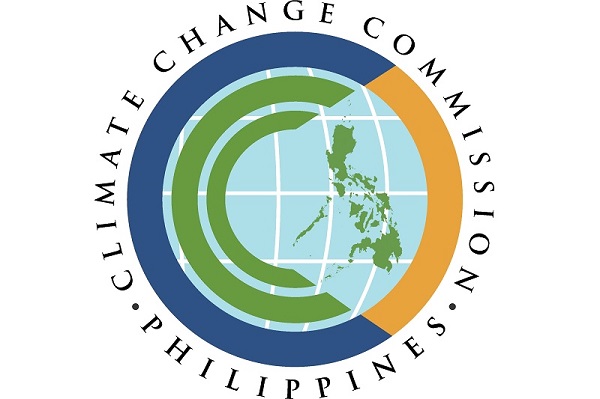
June 10, 2024 Monday

MANILA, 10 June 2024 — The Climate Change Commission (CCC) highlighted the critical need for ramped up conservation efforts to protect the Philippines’ mountain regions as the nation observes the Month of the Mountains this June.
The CCC emphasized the importance of policies and plans that prioritize the long-term resilience of mountain regions in the face of a changing climate.
“It is crucial for the government and communities to work together to implement and ramp up adaptation strategies that will help safeguard both mountains and the people who call these regions home,” said Secretary Robert E.A. Borje, CCC Vice Chairperson and Executive Director.
The Philippines’ first National Adaptation Plan (NAP) for 2023-2050, completed and submitted to the United Nations Framework Convention on Climate Change (UNFCCC) under the administration of President Ferdinand R. Marcos, Jr., underscores the sustainable management of ecosystems, including mountains, as a priority for climate adaptation.
The NAP outlines strategies to enhance the adaptive capacities of these areas against climate change impacts. These include the strengthening of critical infrastructure, the development of new income opportunities, livelihood diversification, the implementation of nature-based solutions, access to climate data, and capacity building for local and community governance and action.
As the Philippines commemorates the Month of the Mountains, the CCC called for increased engagement and action towards conservation of mountain ecosystems.
The CCC encouraged the public to support local conservation initiatives, participate in reforestation projects, and contribute to broader efforts to combat climate change.
"Let’s continue to raise awareness and mobilize action for the conservation and sustainable management of our mountain regions, not just for this month. We urge everyone to join us in these efforts to ensure the resilience and sustainability of our mountains for the current and future generations," Borje said.
Mountains support biodiversity and ecological systems by providing vital resources such as water and food. They also serve as natural barriers that reduce the wind speed of destructive typhoons and contribute to flood control and soil erosion prevention.
Equally important, mountains hold significant cultural value and play a substantial role in local and national economies through tourism, agriculture, and other industries.
The Philippines is home to over 2,700 mountains. These include mountain ranges such as the Sierra Madre and the Cordillera Central. Mountains like Mount Pulag, Mount Kitanglad, and Mount Kanlaon are renowned for their unique ecosystems and popularity as hiking destinations.
However, mountains are not exempt from the impacts of climate change. Rising temperatures, increased heavy rainfall, and extreme weather events threaten the stability and health of these vital regions. These changes pose significant risks not only to the natural environment but also to the communities that rely on mountains for livelihoods.
The CCC reaffirms its commitment to implement policies that protect the beauty and bounty of mountains and the communities that depend on them.
Presidential Proclamation No. 176 declared June the Month of the Mountains to highlight the conservation, protection, and sustainable management practices of the Philippine mountains.
For more information on the CCC’s climate mainstreaming activities, visit www.climate.gov.ph and www.facebook.com/CCCPhl.